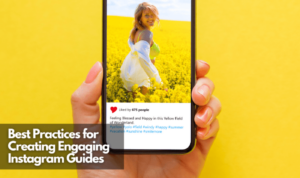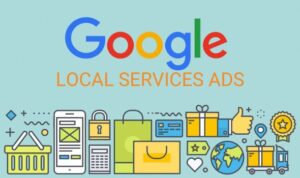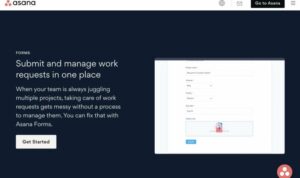Using AI in Marketing is the ultimate game-changer in today’s digital landscape, revolutionizing how businesses connect with consumers and drive sales. Get ready to dive into the world of AI-powered marketing strategies that are shaping the future of commerce.
Introduction to AI in Marketing
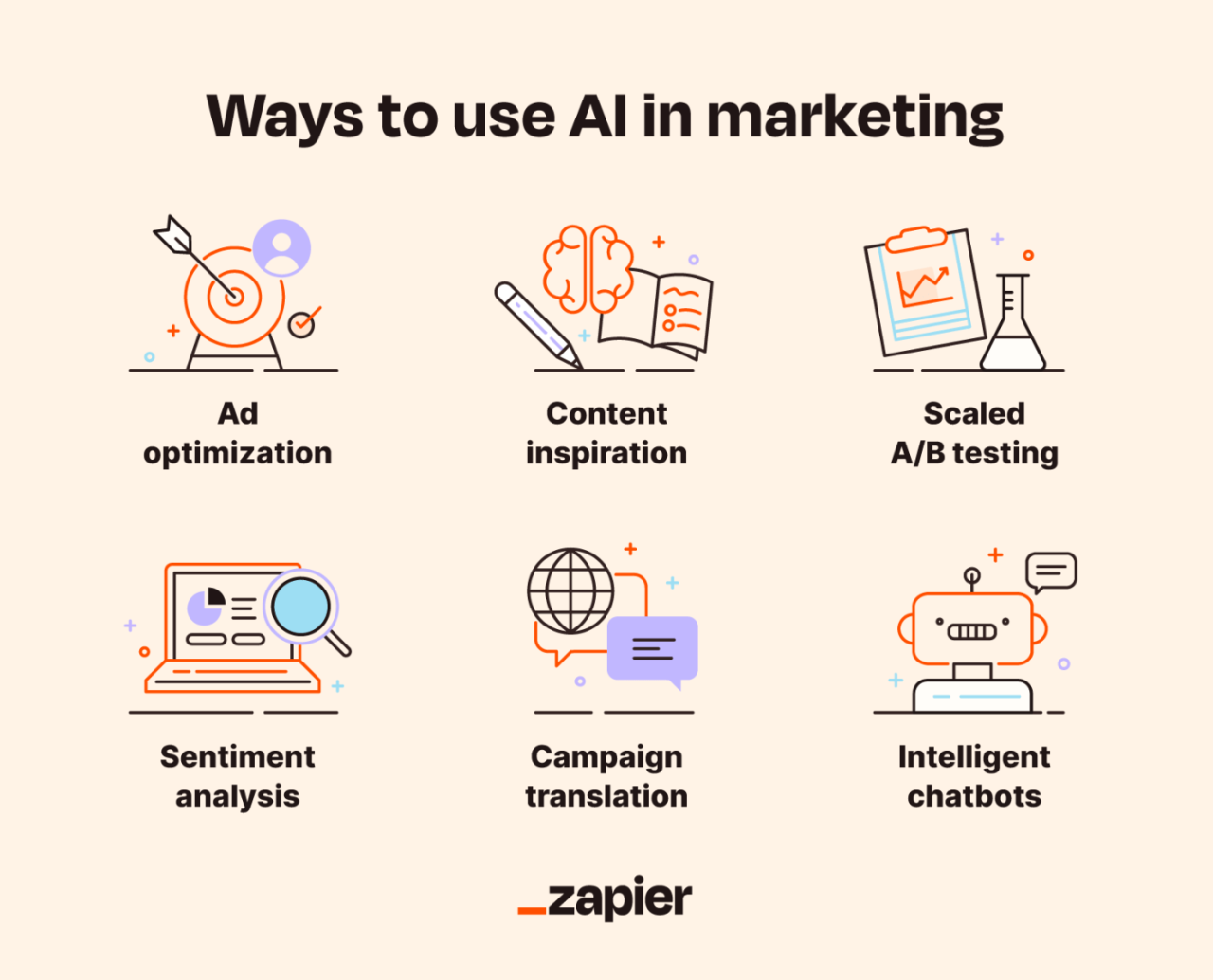
Artificial Intelligence (AI) has been revolutionizing the field of marketing by enabling businesses to analyze data, predict customer behavior, and personalize marketing strategies like never before. AI is essentially the simulation of human intelligence processes by machines, allowing marketers to make data-driven decisions and automate repetitive tasks.
Transforming the Marketing Landscape
AI has transformed the marketing landscape by providing marketers with valuable insights into customer preferences and behavior. By analyzing large datasets quickly and efficiently, AI helps businesses understand their target audience better and tailor their marketing campaigns accordingly. For example, AI-powered chatbots can engage with customers in real-time, providing personalized recommendations based on their browsing history and past interactions.
Examples of AI Applications in Marketing
- Personalized Recommendations: AI algorithms analyze customer data to recommend products or services based on their preferences and past behavior.
- Predictive Analytics: AI can forecast future trends and outcomes, helping marketers make informed decisions about their strategies.
- Content Optimization: AI tools can analyze content performance and suggest improvements to increase engagement and conversion rates.
- Ad Targeting: AI helps marketers target the right audience with relevant ads, maximizing the effectiveness of their advertising campaigns.
Personalization in Marketing with AI: Using AI In Marketing
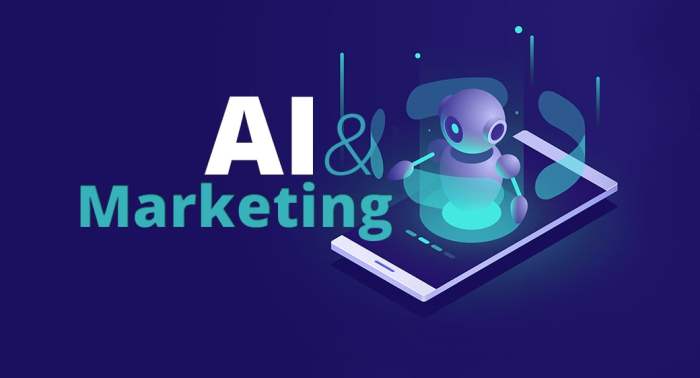
Personalization in marketing with AI refers to the use of artificial intelligence technology to tailor marketing campaigns and messages to individual consumers based on their preferences, behaviors, and demographics. This level of customization allows businesses to deliver highly targeted and relevant content to their audience, increasing engagement and driving conversions.
AI-Driven Personalized Marketing Strategies
- Dynamic Content Generation: AI algorithms analyze user data to create personalized content, such as product recommendations, email subject lines, and website messaging.
- Behavioral Targeting: AI can track user behavior on websites and social media to deliver personalized ads and promotions based on their interests and actions.
- Predictive Analytics: AI-powered tools can forecast consumer behavior, enabling businesses to anticipate needs and provide personalized offers in advance.
Benefits of Using AI for Personalized Marketing
- Increased Customer Engagement: Personalized marketing campaigns resonate more with consumers, leading to higher levels of engagement and brand loyalty.
- Improved Conversion Rates: By delivering tailored messages and offers, businesses can enhance the likelihood of conversions and drive sales.
- Enhanced Customer Experience: Personalization creates a more seamless and enjoyable shopping experience for customers, boosting satisfaction and retention.
Predictive Analytics in Marketing
AI plays a crucial role in predictive analytics for marketing, helping businesses anticipate future trends and customer behavior to make informed decisions. By analyzing large volumes of data, AI can identify patterns and trends that humans may overlook, allowing companies to optimize their marketing strategies for better results.
Utilizing AI for Predictive Modeling in Marketing
- AI algorithms can analyze customer data, such as purchase history, browsing behavior, and demographic information, to predict future actions and preferences.
- Machine learning models can segment customers based on their behavior and predict which marketing campaigns are most likely to resonate with each segment.
- AI-powered predictive analytics tools can forecast sales trends, customer lifetime value, and churn rates, enabling businesses to proactively address potential issues.
Success Stories of Companies Leveraging AI for Predictive Analytics
- Netflix uses AI to analyze viewer data and predict what content users are likely to enjoy, leading to highly personalized recommendations and increased user engagement.
- Amazon leverages AI algorithms to predict customer buying patterns and recommend products, resulting in higher sales and customer satisfaction.
- Starbucks uses AI-powered analytics to forecast customer traffic and optimize staffing levels at different locations, improving service efficiency and customer experience.
Automation in Marketing through AI
AI plays a crucial role in automating various marketing processes, enabling businesses to operate more efficiently and effectively. By leveraging AI-powered tools, marketers can streamline repetitive tasks, personalize customer interactions, and optimize campaigns for better results.
Examples of AI tools for marketing automation, Using AI in Marketing
- Chatbots: AI-powered chatbots can engage with customers in real-time, answer queries, and provide personalized recommendations.
- Email marketing platforms: AI tools can analyze customer behavior to send targeted emails at the right time for maximum impact.
- Social media management tools: AI can schedule posts, track engagement metrics, and suggest content ideas based on audience preferences.
Impact of AI-driven automation on marketing efficiency and ROI
- Increased efficiency: Automation reduces the time spent on manual tasks, allowing marketers to focus on strategy and creativity.
- Enhanced personalization: AI helps deliver personalized experiences at scale, leading to higher customer engagement and loyalty.
- Improved ROI: By optimizing campaigns, targeting the right audience, and analyzing data in real-time, AI-driven automation can significantly improve marketing ROI.
